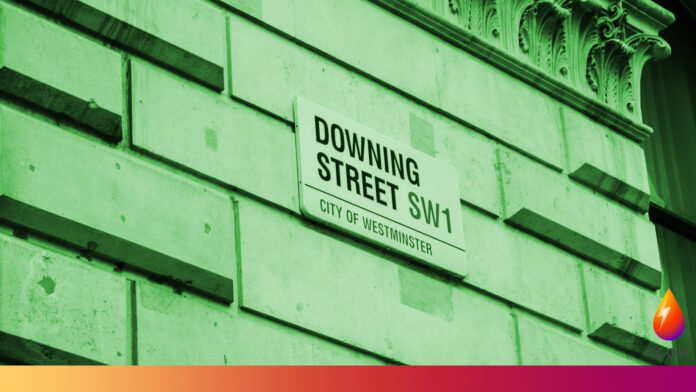A ‘landmark commitment’ to decarbonise the UK’s electricity system by 2035 has been confirmed by Prime Minister Boris Johnson and Business and Energy Secretary Kwasi Kwarteng, to help boost the country’s efforts in achieving its net zero ambitions.
This will focus on building a secure, home-grown energy sector that reduces reliance on fossil fuels and exposure to volatile global wholesale energy prices.
Business & Energy Secretary Kwasi Kwarteng commented on the announcement: “Our plan to move to clean energy and a carbon-neutral economy means new kinds of jobs in new kinds of industries.
“The world needs the innovation and entrepreneurial genius of British companies for this transition to succeed.
“Recent volatile gas prices have also demonstrated how the way to strengthen Britain’s energy security, ensure greater energy independence and protect household energy budgets in the long-term is through clean power that is generated in this country for the people of this country.”
To ensure this ambition becomes a reality, the government is set to double down on efforts to deploy a new generation of home-grown technologies from offshore wind, hydrogen and solar to nuclear, onshore wind and Carbon Capture and Storage.
This new deadline brings forward the government’s commitment to a fully decarbonised power system, set out in the Energy White Paper, by 15 years, and builds on the Prime Minister’s 10 Point Plan for a Green Industrial Revolution to secure a future clean electricity supply, that’s ‘generated in the UK, for the UK.’
According to the government, while gas generation continues to play a critical role in keeping the UK electricity system secure and stable, the development of clean energy technologies means it will be used less frequently in the future.
To ensure a clean electricity system is reliable, wind and solar power will need to be complemented by other clean technologies, such as nuclear and flexible technologies, that can supply electricity or reduce demand when the output from wind and solar generation is low.
The government will set out further details on its wider plans to achieve net zero emissions by 2050, through its net zero strategy, which will be published ahead of the UK playing host to the UN COP26 climate summit in Glasgow next month.
